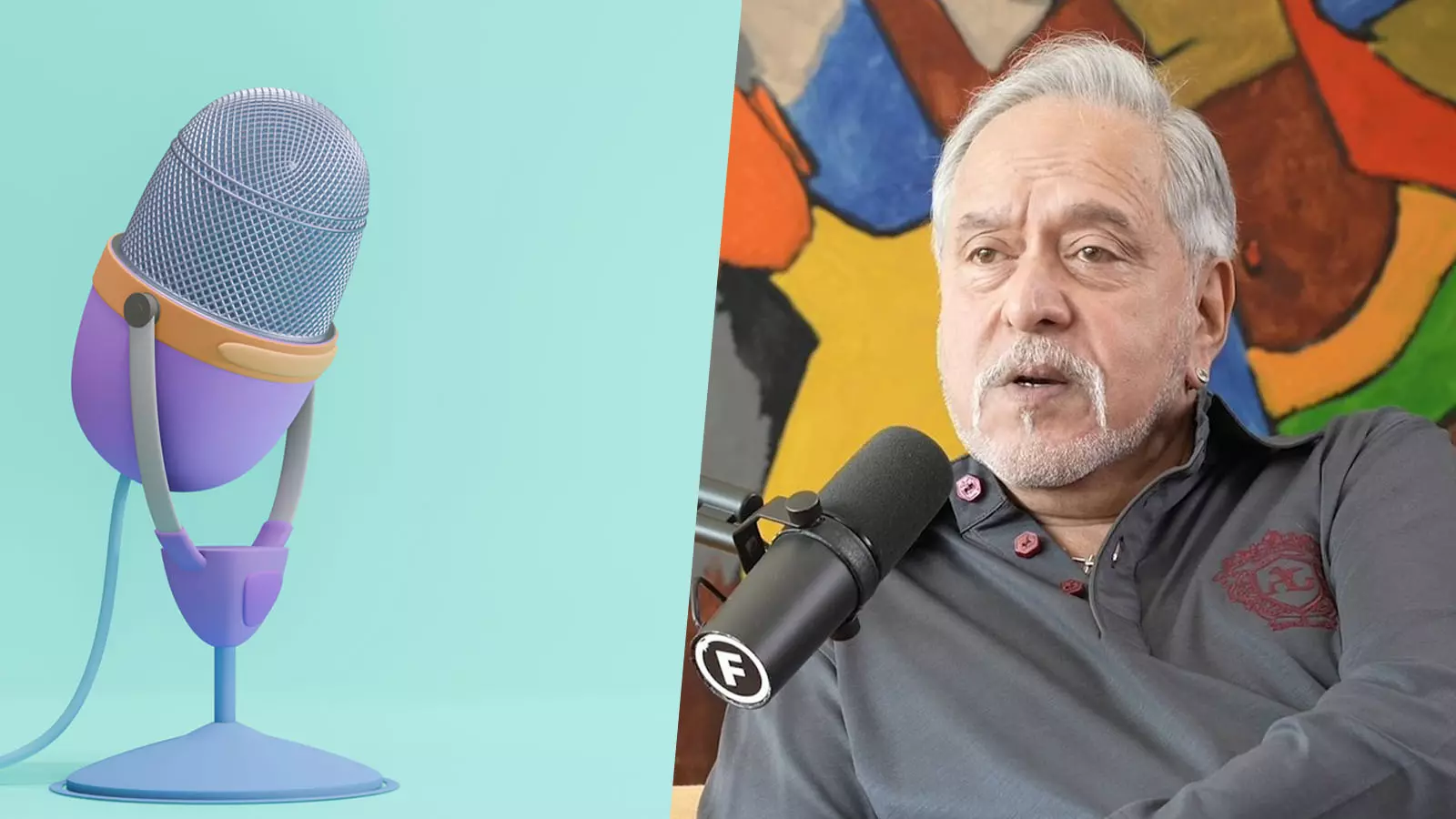
- Home
- India
- World
- Premium
- THE FEDERAL SPECIAL
- Analysis
- States
- Perspective
- Videos
- Sports
- Education
- Entertainment
- Elections
- Features
- Health
- Business
- Series
- In memoriam: Sheikh Mujibur Rahman
- Bishnoi's Men
- NEET TANGLE
- Economy Series
- Earth Day
- Kashmir’s Frozen Turbulence
- India@75
- The legend of Ramjanmabhoomi
- Liberalisation@30
- How to tame a dragon
- Celebrating biodiversity
- Farm Matters
- 50 days of solitude
- Bringing Migrants Home
- Budget 2020
- Jharkhand Votes
- The Federal Investigates
- The Federal Impact
- Vanishing Sand
- Gandhi @ 150
- Andhra Today
- Field report
- Operation Gulmarg
- Pandemic @1 Mn in India
- The Federal Year-End
- The Zero Year
- Science
- Brand studio
- Newsletter
- Elections 2024
- Events
- Home
- IndiaIndia
- World
- Analysis
- StatesStates
- PerspectivePerspective
- VideosVideos
- Sports
- Education
- Entertainment
- ElectionsElections
- Features
- Health
- BusinessBusiness
- Premium
- Loading...
Premium - Events

This new-age communication tool is an easy format to crack; questions are mostly shared well in advance, and guests may even decide what clips to use
Even by podcasting standards, the one with fugitive businessman Vijay Mallya was the longest any Indian podcaster has attempted. Had it been a Hindi movie, it would have been converted into a sequel.
Idea behind podcasting
Coming back to contemporary times, the podcast was not meant to be in a visual format. This is why the typical radio microphones feature on any such show. Podcasting is a radio format with long conversations.
Popular format
Television news debates are now in any case in the evening of their lives. This is because a large number of people have lost faith in them.
But of late, there seems to be this increasing trend in this country of people choosing to give interviews only to podcasters, as it is an easy format to crack.
Mallya's marathon
New, easy platform
Controversial people now have a new place for easy conversation. Mallya is not the first to have discovered the joy of easy and popular podcast interviews.Things of past
(The Federal seeks to present views and opinions from all sides of the spectrum. The information, ideas or opinions in the articles are of the author and do not necessarily reflect the views of The Federal.)


